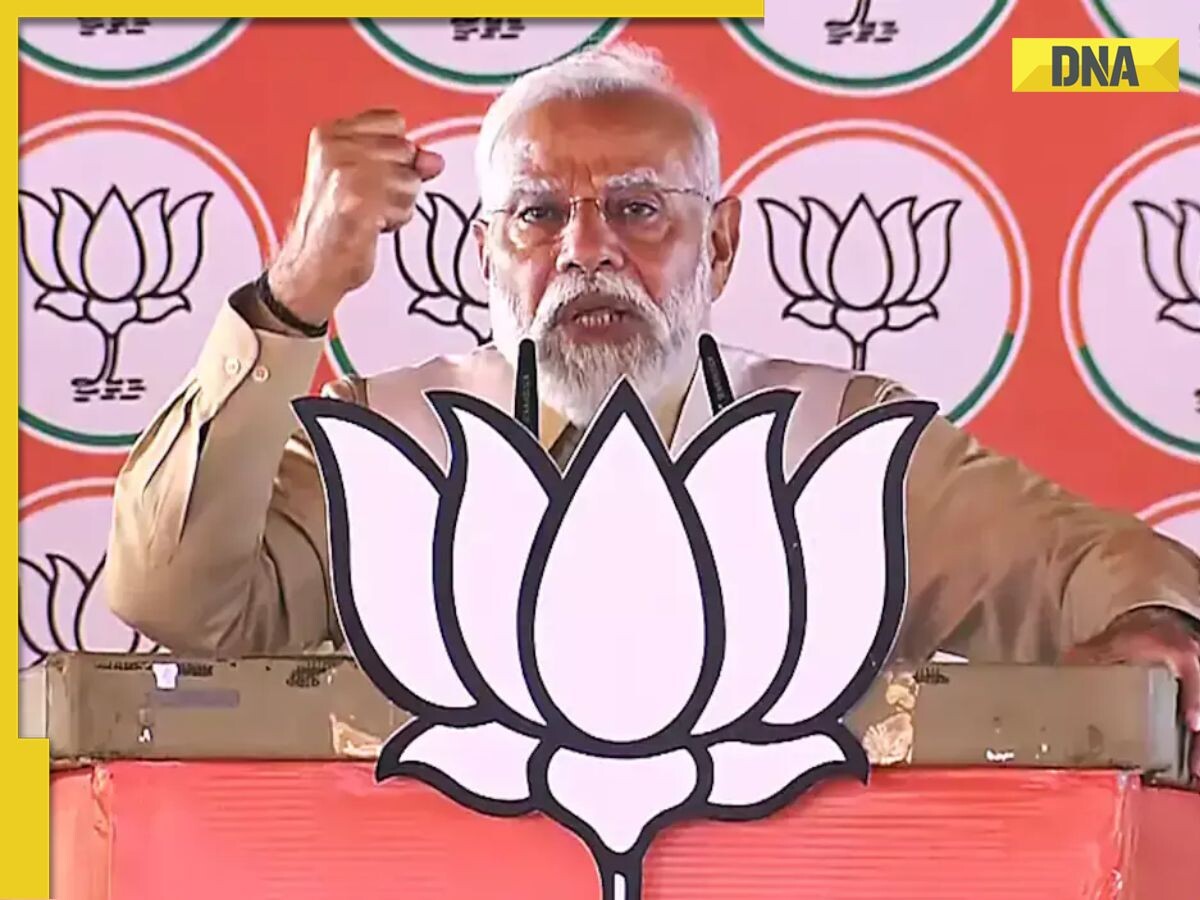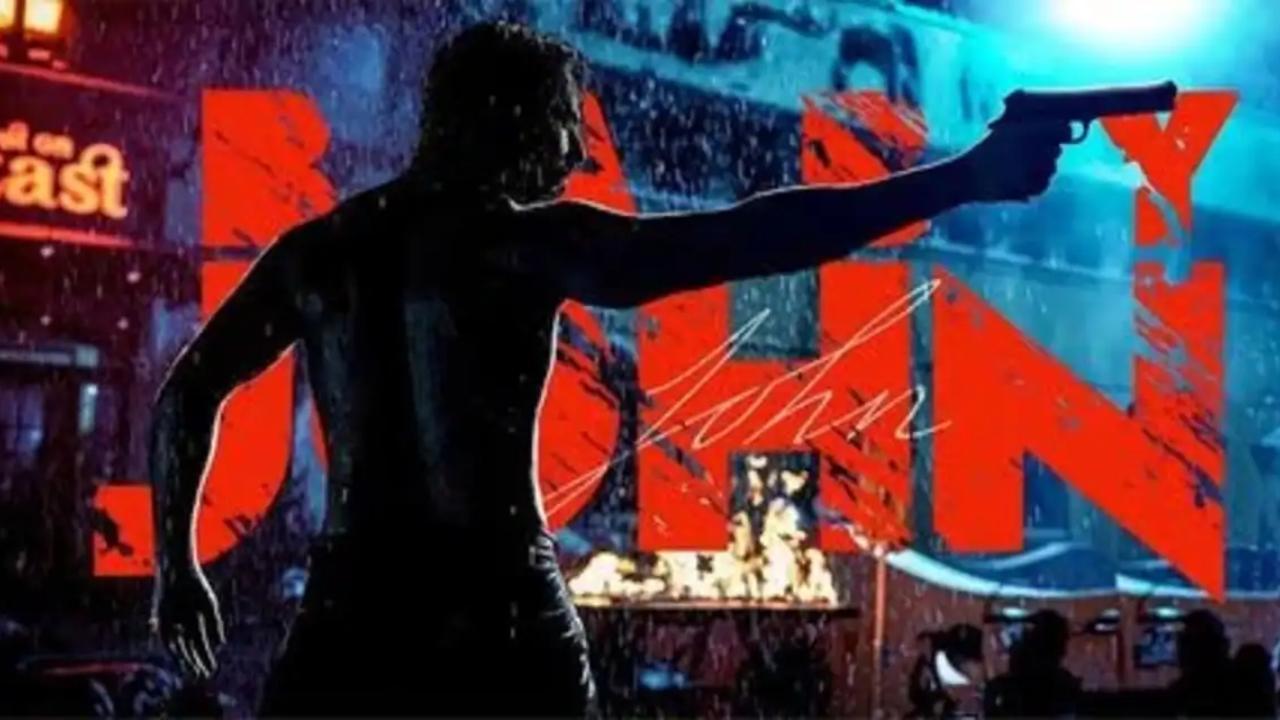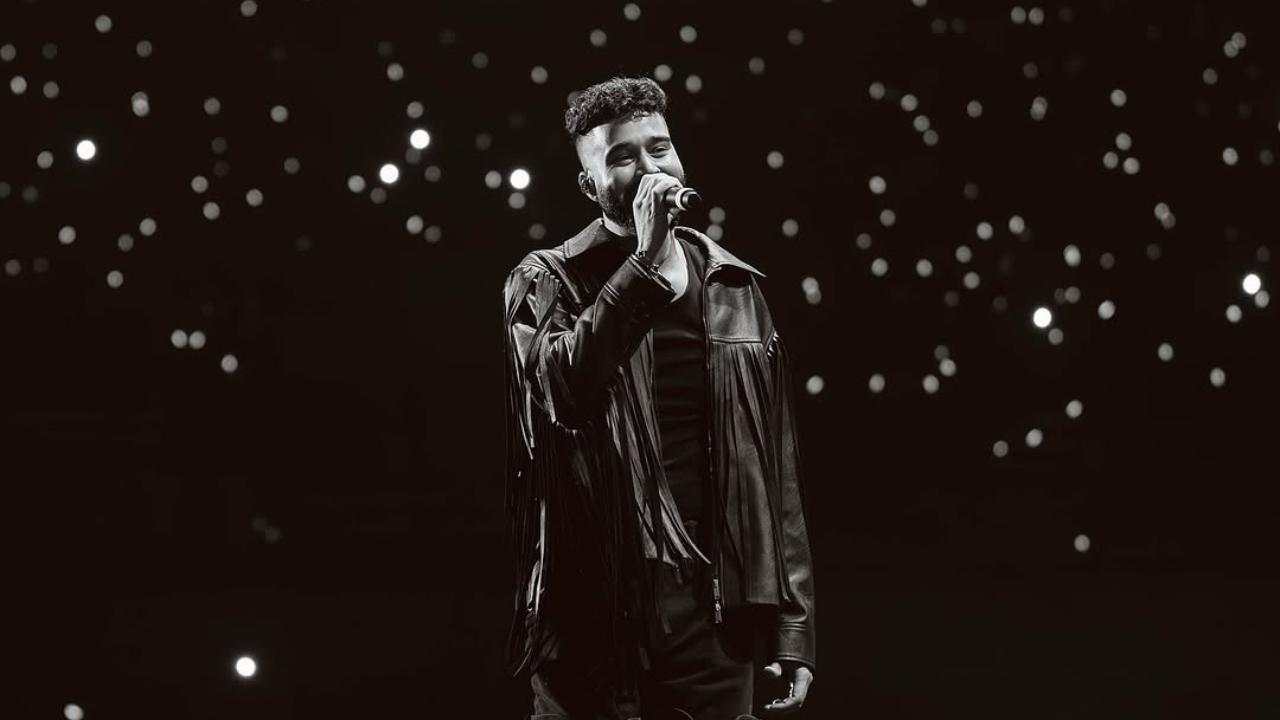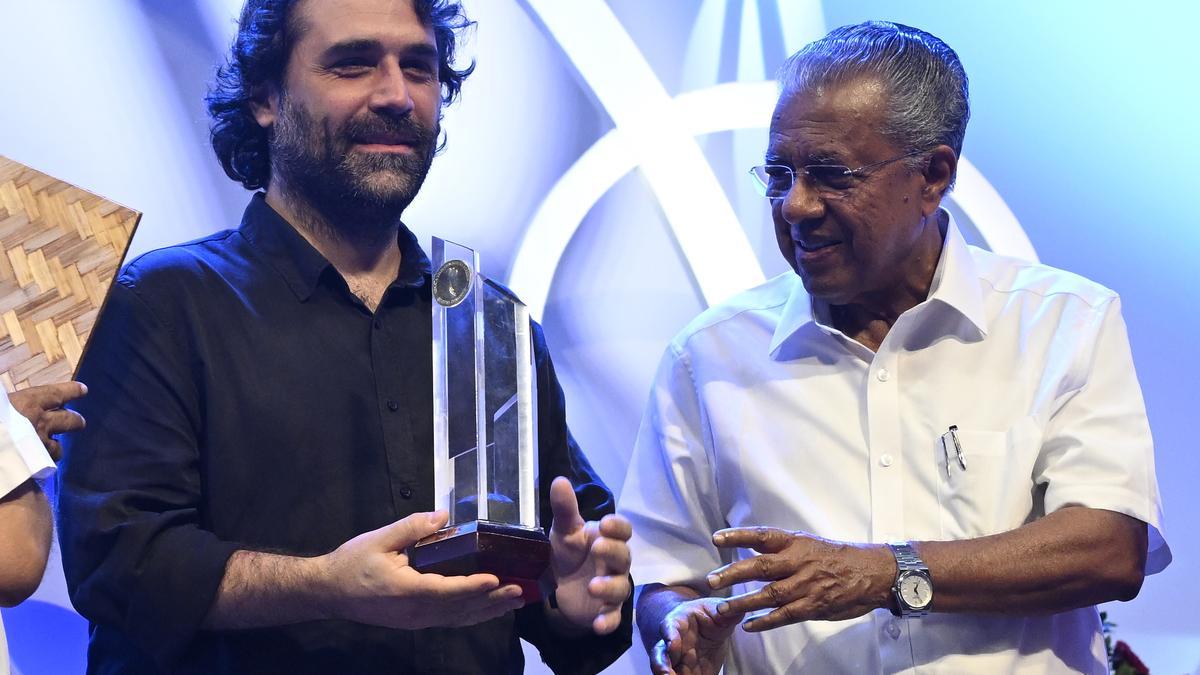
In a charged narrative during an election rally in South Goa, Prime Minister Narendra Modi called for the Congress party to issue an apology to the nation. This declaration follows the Supreme Court’s affirmation that Electronic Voting Machines (EVMs) have reinforced the democratic process in India. The prime minister addressed an assembly of around fifty thousand attendees in the South Goa Lok Sabha constituency, encompassing the backdrop of Goa’s significance in his political trajectory. He recalled that critical milestones in his career, including the resolution to nominate him as Prime Minister, were all decided in Goa—a place he describes as determinant in his destiny.
Under the shadow of EVM-related skepticism which has been a recurrent theme by losing parties, particularly the Congress, Modi condemned the opposition for their unfounded accusations. The apex court recently dismissed petitions advocating the revival of ballot paper, establishing that concerns about EVM tampering had no substantive basis. Modi, seizing upon this judicial endorsement, accused Congress of concocting falsehoods to undermine the EVMs, stating their routine attribution of election losses to electronic tampering.
Amid cheers and palpable support, Modi queried the crowd if the Congress should seek forgiveness for its misleading campaign against the credibility of EVMs, only to answer rhetorically that the opposition, whom he described as ‘arrogant’, would likely abstain from any such act of contrition. He continued his critique, claiming Congress’s attempts to defame him knew no bounds. With two phases of general elections concluded, Modi expressed confidence in the feedback and voter turnout observed thus far, suggesting a impending victory with the slogan “Phir Ek Bar Modi Sarkar” meaning “Modi government once again.”
The Prime Minister framed the elections as a clash of two ideologies: one of the BJP-led National Democratic Alliance (NDA), working to fulfill the national aspirations through a ‘saturation approach’ to development, and on the other side, the ‘INDI alliance’, which he implied was motivated by self-interest and familial gain. Explaining the saturation approach he iterated during his last visit, he defined it as the universal reach of government schemes—inclusive of everyone and free from discrimination. For Modi, Goa stood as a paragon of this philosophy.
Underscoring his relentless ethos, Modi vowed to continue advancing his agenda beyond what was achieved in the past decade, which he suggested was merely a ‘trailer’. He guaranteed the construction of three crore new “pucca” (permanent) houses for the needy within the next year and pledged to assist middle-class families to transition from rented housing to homeownership in urban centers. Furthermore, Modi promised free medical treatments for citizens over 70, a demographic traditionally overlooked by previous administrations.
Highlighting his government’s commitment to neglected communities, Modi underscored the establishment of a dedicated ministry for fisheries, along with increased insurance coverage and support for seaweed cultivation—a gesture to bolster the income for the fishing community. He didn’t miss the chance to reflect on the handling of the COVID-19 pandemic, stating that while other leaders would focus on regions with higher representation, he ensured that Goa received priority in vaccination, recognizing its role as a tourist attraction.
To provide an economic boost to Goa’s scenic beauty, Modi announced the “Wed In India” mission, aiming to further entice wedding tourism to the region. Conversely, he lambasted Congress and its affiliates for perpetuating negativity and undermining the Indian Constitution. Citing Congress candidate Viriato Fernandes’s remarks about the Constitution being imposed on Goa, Modi painted the opposition as detached from constitutional values and alluded to their tendencies to placate their vote bank by entertaining notions of reinstating Article 370 in Jammu and Kashmir, which granted the state special autonomy until recently. This meeting was also attended by Goa Chief Minister Pramod Sawant, state BJP chief Sadanand Shet Tanavade, and the party’s candidates for both North and South Goa.
In his closing remarks, Modi ignited patriotic sentiment by exposing the Congress party’s alleged appetite for increasing taxes and vote bank appeasement strategies, urging the audience to disavow such political maneuvers. With the BJP rallying cry echoing through the arena, the prime minister’s message was clear: an apology from the Congress is incumbent not merely on ethical grounds, but as a penance for misdoubting the very instruments that uphold the sanctity of India’s democracy.
The original reporting by DNA staff remains unaffected by this edited version of the report, and DNA’s app is openly available and inviting feedback from its growing user base on the Google Play Store.










